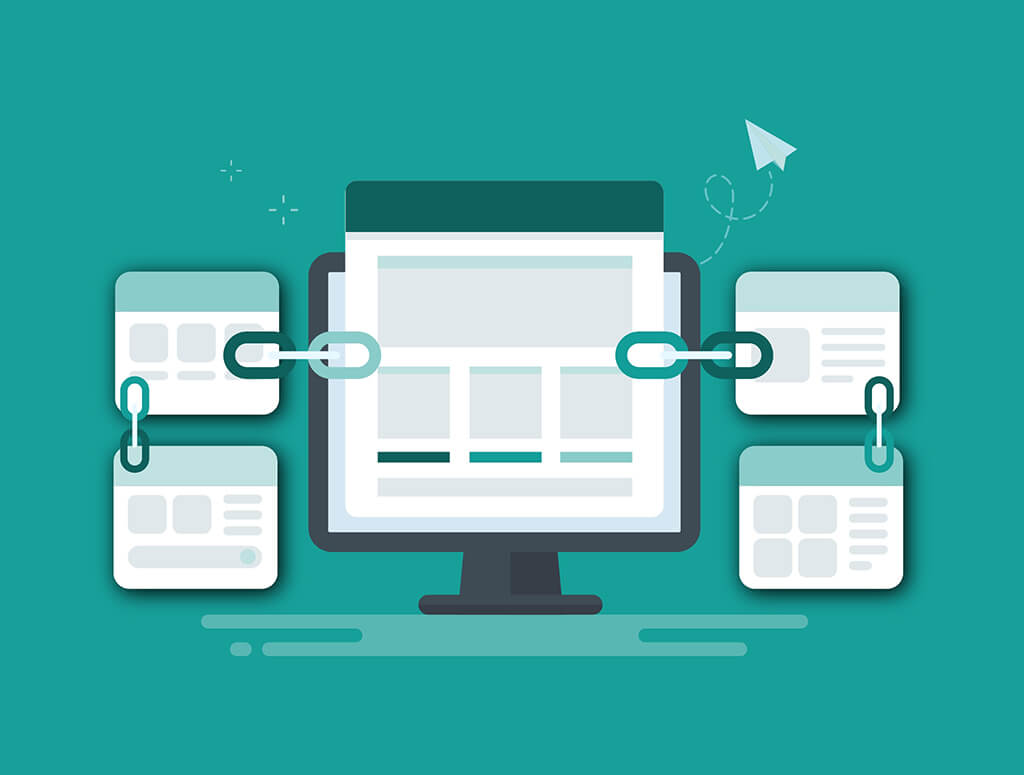SSL made simple
It is a scenario many have faced - you have a brand-new site and you’re ready to go out there and score yourself some clients. But, while browsing, you’ve noticed information about something called an SSL certificate and now aren’t sure if this is something you need. Feeling confused? Don’t worry, we’re here to help.
An SSL certificate stands for Secure Sockets Layer Certificate and is, quite simply, a digital certificate that authenticates a website’s identity and protects information sent to its server.
So, the question is - does your site need one? And if so, why?
Credibility for your clients
The presence of an SSL certificate on your site promotes a level of trust that is crucial for your potential clients to go ahead and spend their hard-earned money on your website. The trust seal that comes with having an SSL certificate is a visual reassurance that your site is one that can be used safely and securely, without worry.
Security for your site
Having an SSL certificate means a high level of safety for visitors to your site and protects their valuable details. Simply put, any sensitive information (such as credit card numbers or passwords) is encrypted (or jumbled up) beyond recognition, and only accessible with a specific key. This means that your clients can be reassured that their personal details cannot be accessed by anybody else and will trust you with their information.
Great for your Google ranking
How high you appear on Google’s search results has a major impact on your site’s visibility and traffic, which also affects your sales. Google favours sites with SSL certificates as they are regarded as more ‘legitimate’, trustworthy sites, which in turn results in better ranking on its search engine. Having an SSL certificate implemented on your site further cements your credibility and sets you apart from sites without it.
I am not an eCommerce website - do I need it?
Technically, no. It is not a requirement for your website if you do not ask for any personal information (via a login or any other means), and if you aren’t taking any payments. However, it is now generally seen as good practice, and with this generation being both particularly online-driven and highly competitive, an SSL certificate is recommended to fully legitimise your site and win the trust of your potential clients.
Build trust without breaking the bank
Acquiring and implementing an SSL certificate is an inexpensive way of ensuring that your site is held in high regard by visitors and paying clients alike. For a small financial commitment, you are investing in long-term trust in your brand and maximising your potential revenue.
Here at WEBPRO, our team of experts can help to turn your site into one your clients can believe in, for a more profitable future.







